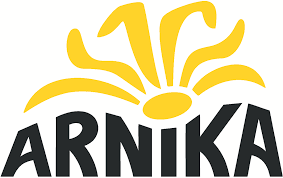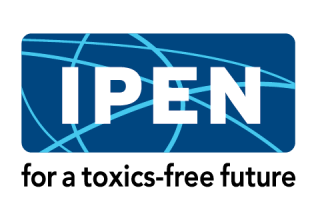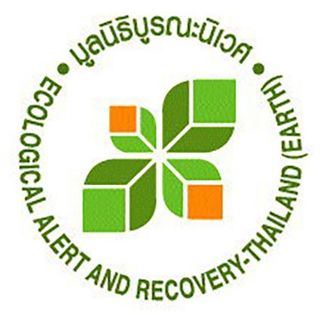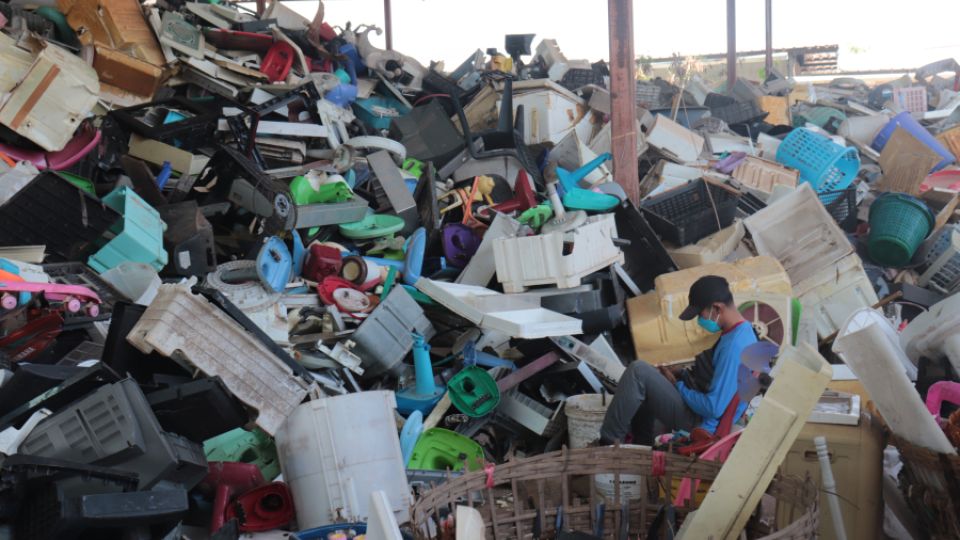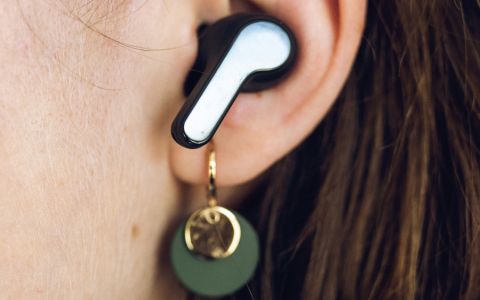Geneva – At the 11th meeting of the Conference of the Parties (COP) to the Stockholm Convention this week, more than 120 countries agreed to add two toxic plastic chemicals and a pesticide to the agreement’s list of substances for global elimination, but included exemptions that will permit continued use of the plastic chemicals. The delegates to the COP found that the chemicals, the plastic additive UV-328, the flame retardant Dechlorane Plus (also often used in plastics), and the pesticide methoxychlor all meet the Convention criteria as persistent organic pollutants (POPs) required for a global ban.
Several countries also called for specific requirements that would make it possible to identify materials and wastes containing Dechlorane Plus and UV-328. However, while there are provisions in the Convention to identify these “to the extent practicable,” some Parties were strongly opposed to including requirements for labeling or other means of identification in these two listing decisions. Instead, the Convention’s scientific review committee is tasked with evaluating options for identifying POPs in products and waste. An IPEN study released during the negotiations found high levels of banned POPs in recycled plastic toys and other products purchased in Kenya, demonstrating the lack of transparency needed for in tracking and informing exposed communities and consumers when waste and products contain the highly toxic chemicals.
“The COP took an important step today toward protecting human health and the environment from three chemicals linked to serious health conditions and threats to biodiversity,” said dr. Sara Brosché, a Science Advisor with IPEN. “But we are disappointed that financial interests caused unnecessary and dangerous exemptions that will lead to ongoing toxic exposures, especially for waste workers and communities in low- and middle-income countries where materials containing these chemicals often end up. It is clear that some countries are reluctant to put the necessary systems in place that would help keep track of these hazardous materials. The only solution is to move quickly to eliminate these and other toxic chemicals and adopt safer alternatives.”
An IPEN study with Arnika and Ecological Alert and Recovery – Thailand (EARTH) released during the negotiations this week found high levels of Dechlorane Plus in the blood, food chain, and communities of Thai plastic e-waste workers. Dechlorane Plus often serves as a flame retardant in plastics used for electronics and the auto industry, but the study showed that when these toxic plastics are dismantled for recycling, e-waste workers suffer significant exposures to the toxic flame retardant. Compared to a reference group of nearby organic farm workers, on average the waste workers blood contained 40 times higher levels of Dechlorane Plus.
“The results of our study show contamination of toxic chemicals in the local food chain and the blood of e-waste workers, underscoring the importance of transparency in the regulation of chemicals in electronic and plastic waste,” said Thitikorn Boontongmai, EARTH's Toxic Waste and Industrial Pollution Program Manager. “With labeling of toxic chemicals, workers and communities throughout the plastic waste stream can be alerted when they need to take precautions. Everyone has a right to know when toxic chemicals threaten their bodies, their food, and their health.”
